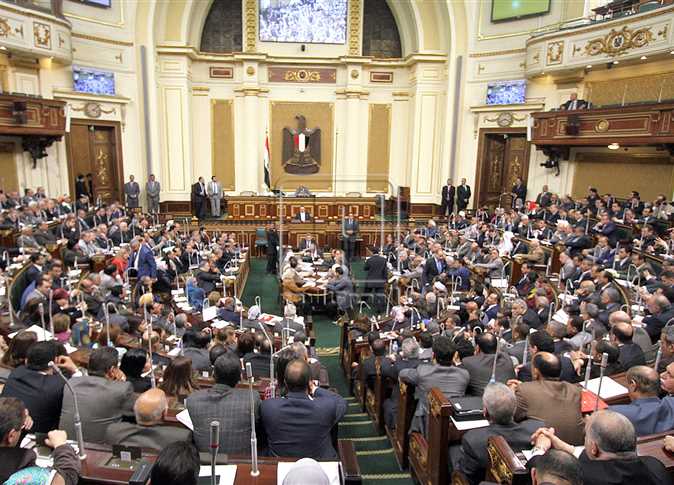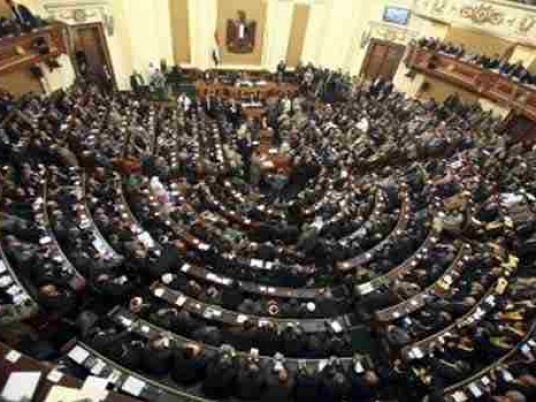No one disagrees that political parties in Egypt are weak. This is obvious to everybody. In fact, political parties in Egypt have never been strong because they have lacked the necessary factors for their growth and development for more than a century.
The common factors for the development of political parties all over the world in the last two centuries have been a competitive political environment, a community able to move from traditional family and clan relations to modern political interactions, and legal systems that uphold rights and public freedoms. Another important factor is the possibility of ongoing party work without interruptions, in order to accumulate qualitative development.
This has not happened in Egypt since political parties began to emerge in 1907, as political, social and legal developments often took a winding course. Also, political parties' activity has already been interrupted twice: in 1914 when World War I broke out and in 1952, when they were banned by the revolutionary leaders.
When the parties formed again in 1976, they were stifled by administrative and security restrictions, a situation that political groups – even those formed after the 25 January revolution – still suffer from, for their leaders used to belong to the opposition, or to the National Democratic Party (NDP). The turmoil of the last four years has only weakened their ability to advance.
The way those parties reacted to the postponed House of Representatives elections illustrated the degree of their confusion. This cannot be attributed solely to the factors I have mentioned, for they have always been weak, but not to this extent.
This time, the parties failed to provide a reasonable number of cadres able to compete in the elections, which is the ultimate objective of any political party, and had to look for candidates from outside who may not necessarily be loyal to them.
The “Transit Candidate” phenomenon emerged, whereby candidates passed from one party to the other, depending on their interests and circumstances.
At the same time, the old parties lost their cadres because of mismanagement and internal conflicts, while the new ones failed to lay down constructive foundations that could produce loyal members. As a result, they competed for outisde candidates, including former NDP members, who are strong in their respective constituencies, rendering them “electoral contracting companies” rather than real political parties. This way, their sole goal is to win seats by any means under a feeble electoral system that can only produce a primitive council, with nothing to do with modern parliaments.
The situation favors the regime, which is not comfortable with a strong parliament and prefers a council of independent MPs, which can be easily controlled. Therefore, many candidates have joined the electoral list suspected of being affiliated with the regime, contrary to any reasonable parliamentary philosophy.
This is why the president of a certain party has joined the “For The Love Of Egypt” list, while his deputy signed up for the “Egypt’s Call.” Also, one of the two active civil parties has criticized the “For The Love Of Egypt” list, while at the same time allowing many of its members to join it. The other party signed up for it completely, after it had been fiercely attacking the list and its members.
The political parties are in need of an impossible rescue operation, given the imminent deadline of the elections. They could, however, be rescued in the long run, if their leaders realize the severity of the crisis.
Edited translation from Al-Masry Al-Youm




